Thawing permafrost has turned once-solid ground into marshland.
Others are reading now
Thawing permafrost has turned once-solid ground into marshland.
Nature turns on Russia in the Arctic
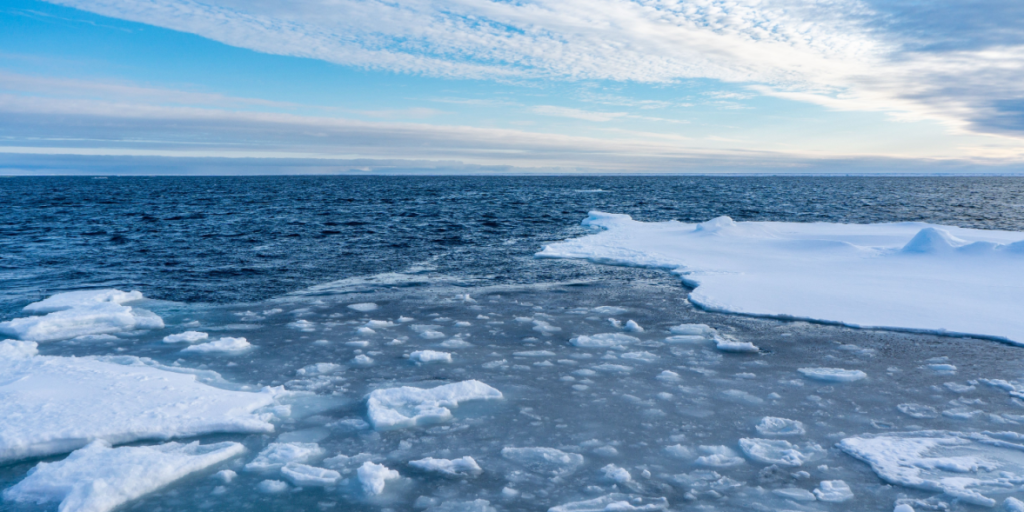
Russia is facing a new and unexpected opponent in the north — the changing climate.
Scientists from Norway warn that rising Arctic temperatures, melting permafrost, and violent weather may soon damage Russia’s ability to defend and develop the region.
For years, the Kremlin focused on expanding its Arctic military and energy presence.
But the environment may now undo what years of investment built.
Also read
Storms and rising seas threaten key naval ports
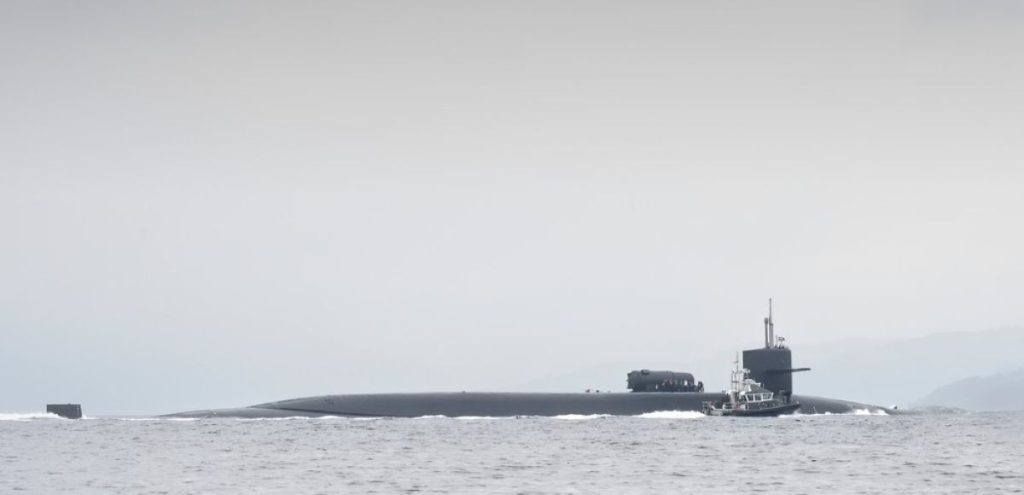
Russia’s submarine fleet is based in the Barents and White Seas, where climate change is making the seas more dangerous.
Stronger storms and taller waves are beginning to threaten port infrastructure that supports nuclear submarines.
The shipyards and bases were never designed for such extreme conditions. If damaged, these sites could limit Russia’s nuclear naval readiness.
Old airfields crumble under new weather extremes
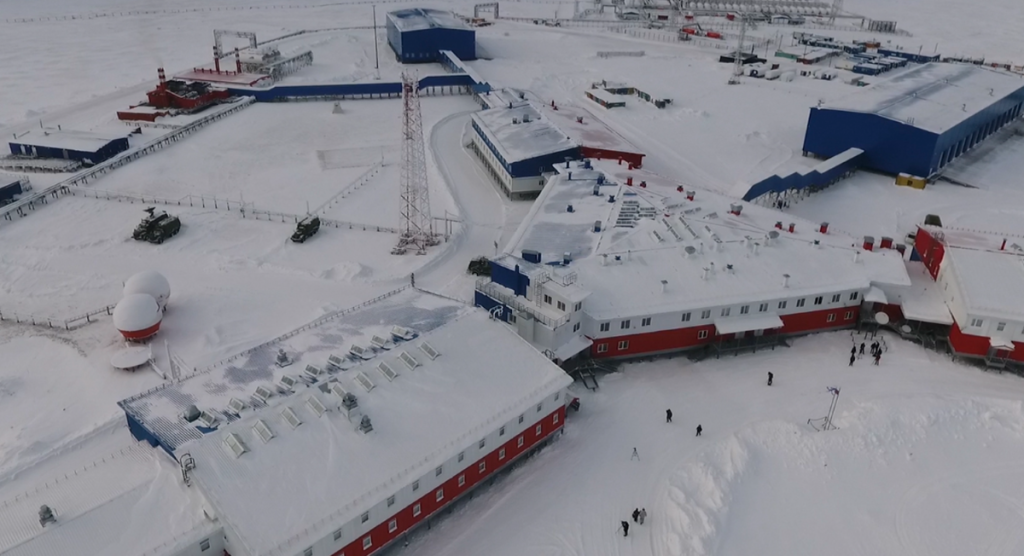
Strategic airbases in Russia’s north were built for snow and frost, not rain and heat.
Bombers capable of carrying nuclear weapons are parked on runways that now suffer from flooding and heat stress.
Also read
Temperatures in the Arctic are now reaching 20°C — unheard of when these facilities were designed.
Repairs are becoming more frequent, but international sanctions make it hard to get the right materials.
Heat and sanctions delay essential repairs
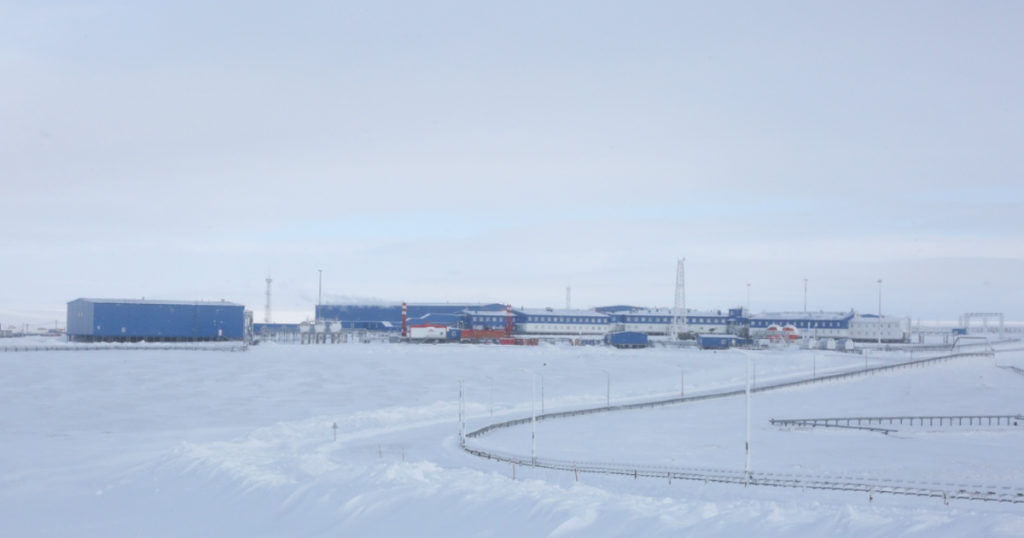
The warmer climate has changed how often Russia needs to fix its bases.
More rain and warmer summers weaken old concrete and metal faster than cold ever did.
But under economic sanctions, Russia is struggling to import the materials and tools it needs to keep these Arctic bases working.
Also read
The result is growing delays and declining reliability across its northern military network.
Melting permafrost is sinking vital pipelines
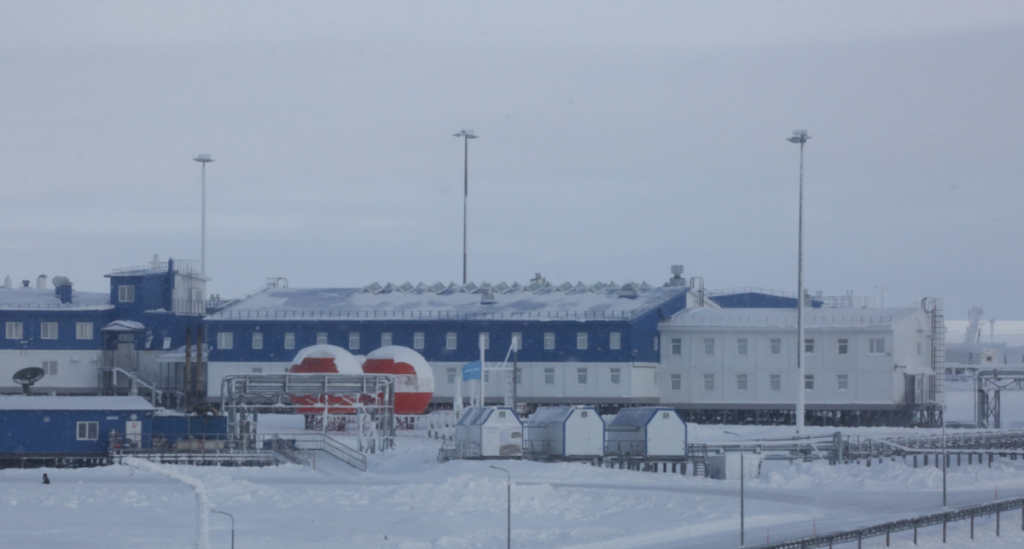
Russia relies heavily on its Arctic oil and gas fields, but transporting resources is becoming harder.
Thawing permafrost has turned once-solid ground into marshland.
Pipelines and roads are sinking or shifting.
Fixing them means rebuilding from the ground up, a costly and time-consuming task that threatens to slow down energy exports just when Russia needs the revenue most.
Also read
Energy output faces major disruptions
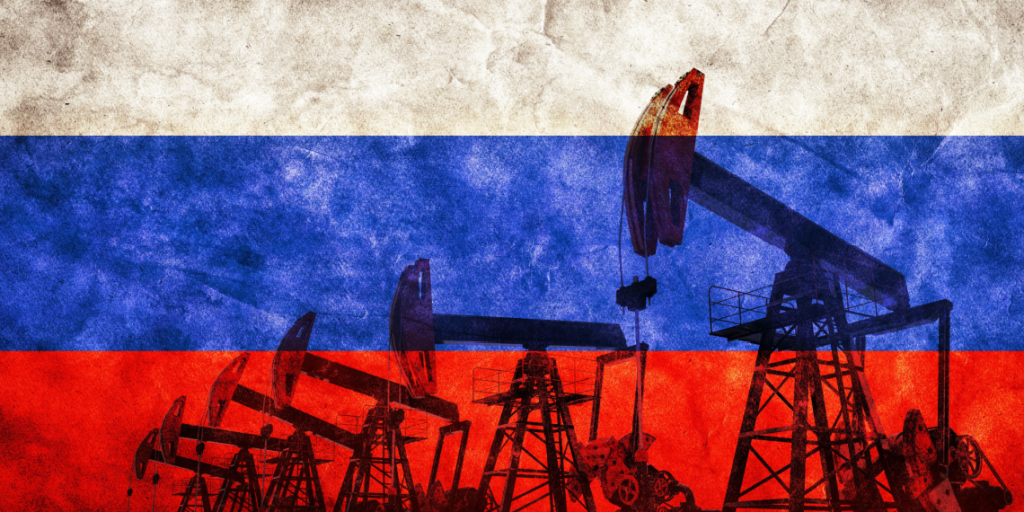
As Arctic terrain becomes unstable, the country’s oil and gas industry is taking a hit.
Russia has bet heavily on its northern reserves, especially as it turns away from Western markets.
But the costs of keeping production steady in these conditions are rising fast.
With less foreign investment and a crumbling transport network, energy output could soon drop significantly.
Melting ice opens up new routes
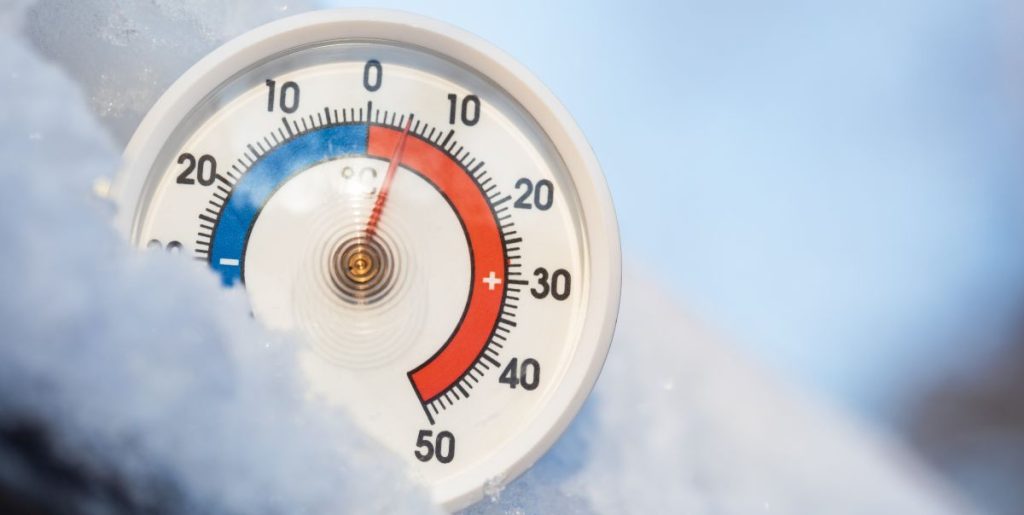
Climate change is shrinking sea ice in the Arctic Ocean, revealing new trade routes across previously frozen waters.
Also read
These passages could shorten global shipping times, and countries like China are taking a keen interest.
While Russia once saw this as an opportunity, it now faces the challenge of defending these waters with a limited number of bases and ships spread too thin.
Russia can’t patrol its vast Arctic coastline
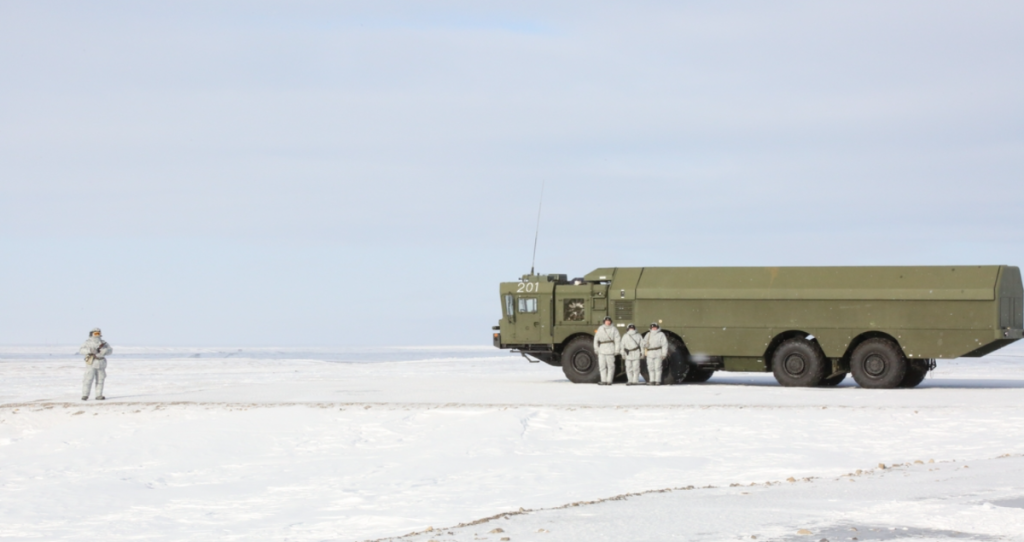
Russia’s northern coastline stretches over 25,000 kilometers, but it doesn’t have the infrastructure to watch it all.
The military lacks enough bases, ships, and security personnel in the region.
As foreign nations begin to eye the Arctic for its trade routes and resources, Russia may find itself unable to protect its own backyard.
Also read
The warming climate is changing the balance of power in the far north.
Russia’s Arctic dominance is starting to crack
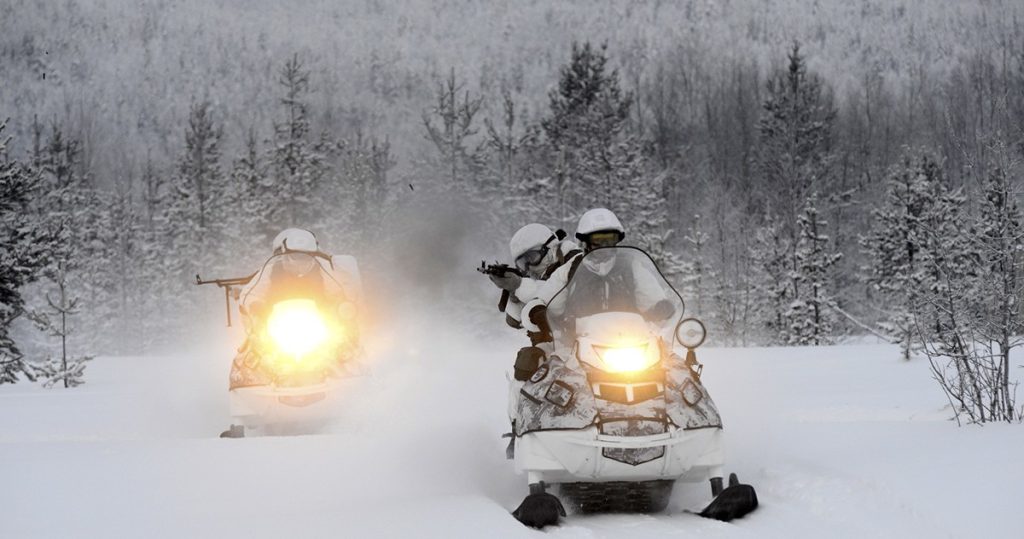
What once looked like a long-term strategic advantage may now be turning into a liability.
The Arctic is warming faster than any other region on Earth, and Russia’s outdated infrastructure is buckling under the pressure.
Without urgent upgrades and major investment, the Kremlin’s ambitions in the north could slip away, quite literally, into the mud.


